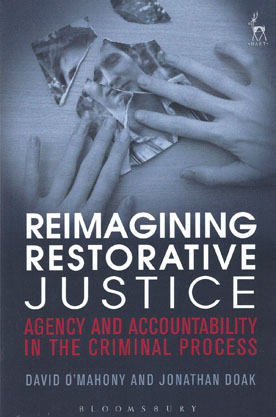
In recent years there has been a dramatic growth in alternative responses to criminal offending. The use of mediation and restorative approaches have emerged as important innovations and have come to exert a strong influence in criminal justice systems across many jurisdictions.
The growth of mediation and restorative justice has also been spurred on at European and international levels by the development of initiatives grounded in restorative principles. International instruments have increasingly viewed restorative- and mediation-based interventions as a legitimate, if not superior, means of delivering justice.
However mediation and restorative justice programmes worldwide vary considerably in terms of what they do and how they seek to achieve their outcomes. Very often the practical operation of schemes differs according to the situation and the manner in which individual programmes have evolved. These divergences in practice, law and theory present considerable challenges in trying to make sense of both restorative justice and mediation in the context of criminal justice.
This book bridges the gap between theory and practice, offering a comprehensive analysis of how mediation and restorative practice have developed in theory and how the theory can be related to the most recent international experiences of what works and how it works.
It looks specifically at the interface between law and criminal justice processes on the one hand, and mediation and restorative justice practices on the other. The book explores why programmes have developed very successfully and are used effectively in some jurisdictions, yet have failed to take root, or are simply not used in others.
In providing a comprehensive synthesis of theory, law and practice the book draws from the most recent research evidence available internationally and provides a detailed analysis that will help shape future developments of restorative justice and mediation in criminal justice.